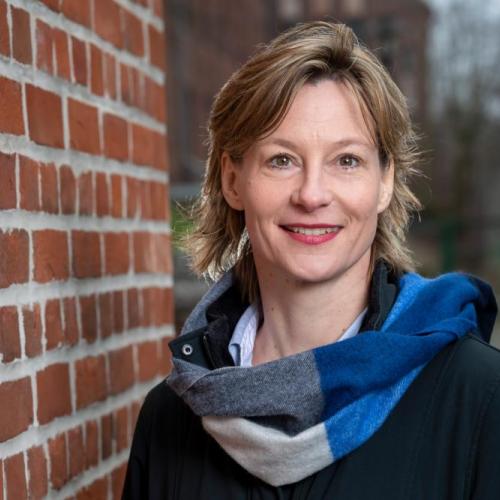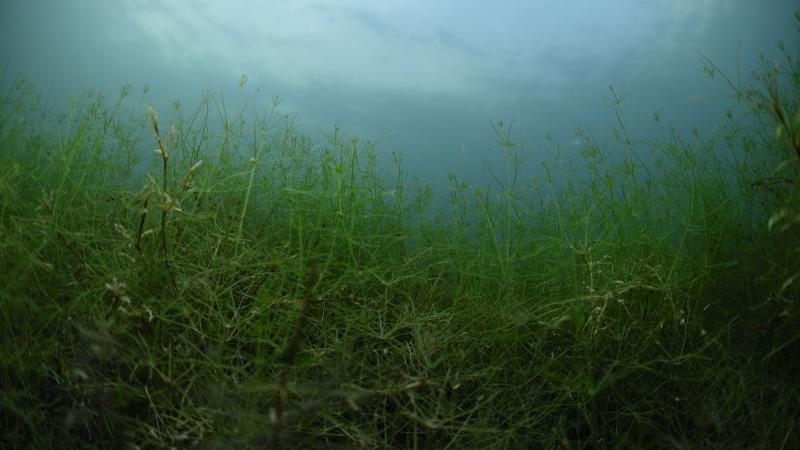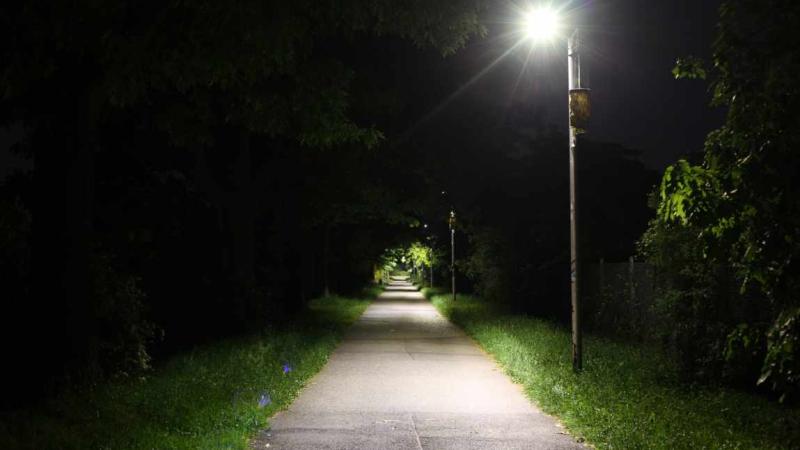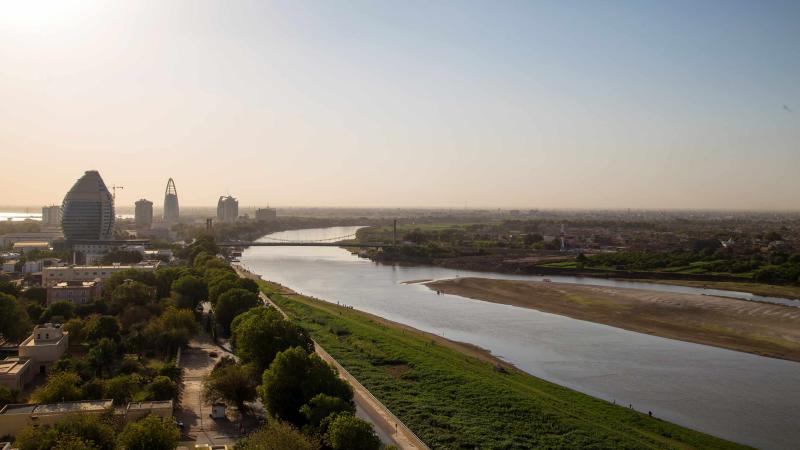
Brandenburg's landscape water balance is changing, management must be adapted. | Photo: Dep. 1, IGB
Professor Dörthe Tetzlaff's research group at the Leibniz Institute of Freshwater Ecology and Inland Fisheries (IGB) has summarised its findings and recommendations for action on this topic in a new IGB Dossier. In it, the researchers emphasise that land use adapted to climate extremes and integrated land and water management are necessary to become more resilient in the long term.
Recommendations for sustainable agriculture and forestry
One of the key recommendations is to increase diversity in the landscape, because mosaic-like systems are considered particularly robust against extreme weather events. This includes, for example, adapting crop rotations to drier conditions, introducing agroforestry systems and purposefully converting coniferous forests into mixed forests. In addition, water must be retained better in the landscape, which above all requires significantly larger-scale land use concepts and measures, such as the rewetting of moors and wetlands.
The researchers emphasise that this transformation of land and water management is a joint effort, but one that is unavoidable: "Of course, the new approaches must be economically viable. But to be perfectly clear: current management practices will no longer work in many cases – and increased irrigation is not an option given the scarcity of water," emphasises IGB department head Dörthe Tetzlaff. With her research group, she is active in the Demnitzer Mühlenfließ real-world laboratory in Brandenburg, among other places. The region has similar physiographic conditions to many other areas of the North German Plain, which means that findings and recommendations are transferable.
Willingness to change is key for all involved
According to the researchers, the commitment shown by individual farms to date is very welcome, but it is not enough. Agricultural and forestry interest groups are also called upon to promote new approaches and solutions both internally and externally, to test them more extensively and to create suitable framework conditions in dialogue with politicians.
The IGB Dossier can be downloaded below (in German).






